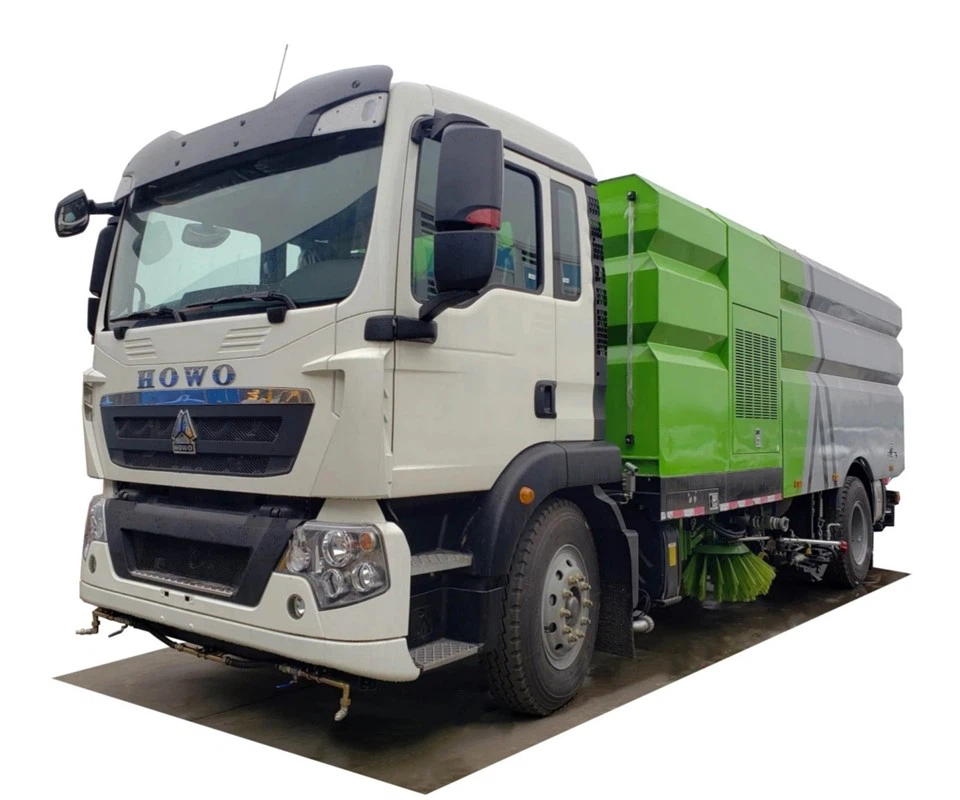Maximizing Efficiency with Electric Vehicle Cargo: Everything You Need to Know

Introduction
The rise of electric vehicles (EVs) is more than just a trend; it represents a fundamental shift in how we approach transportation and logistics. As electric vehicles become a common sight on our roads, understanding their capabilities in terms of cargo transport is vital for businesses and consumers alike. This article delves deep into electric vehicle cargo, exploring its importance, benefits, challenges, and practical applications. By the end, you will have a thorough understanding of how EVs can effectively meet cargo needs while contributing to a more sustainable future.
What is Electric Vehicle Cargo?
Electric vehicle cargo refers to the ability of electric vehicles to transport goods, materials, or equipment. This can include everything from small deliveries in urban areas to larger loads in freight transport. Electric vehicles designed for cargo transport can significantly reduce carbon emissions while offering cost savings and operational efficiencies.
Types of Electric Vehicles for Cargo Transport
1. Electric Vans
Electric vans are ideal for urban deliveries. They offer ample storage space while remaining agile in traffic. Examples include the Ford E-Transit and Mercedes-Benz EQV.
2. Electric Trucks
For larger deliveries, electric trucks like the Tesla Semi and Rivian R1T provide heavy-duty capabilities without the environmental impact of traditional fuel trucks.
3. Electric Bicycles and Cargo Bikes
For last-mile logistics, electric bikes and cargo bikes can navigate narrow urban streets and provide an eco-friendly alternative for transporting small packages.
The Benefits of Using Electric Vehicles for Cargo Transport
1. Reduced Operating Costs
Electric vehicles typically have lower fuel and maintenance costs compared to their gasoline or diesel counterparts. Charging an EV is often cheaper than refueling with traditional fuel sources.
2. Lower Emissions
As electric vehicles produce zero tailpipe emissions, they contribute significantly to reducing air pollution, especially in urban areas where congestion can lead to poor air quality.
3. Government Incentives
Many governments offer tax credits and rebates for electric vehicle purchases, which can ease the financial burden for businesses looking to transition from conventional to electric cargo vehicles.
Challenges of Electric Vehicle Cargo Management
1. Limited Range
While the range of electric vehicles continues to improve, it can still be a limiting factor for cargo transport. Understanding the range of your vehicle is crucial for planning deliveries.
2. Charging Infrastructure
A robust charging network is essential for the success of EV cargo transport. Inadequate charging stations can hinder the efficiency of logistics operations.
3. Initial Investment Costs
Despite lower operating costs, the upfront price of electric vehicles can be higher than traditional vehicles, which may deter some businesses from switching.
Practical Examples of Electric Vehicle Cargo in Use
1. Amazon’s Delivery Fleet
Amazon has committed to incorporating electric vehicles into its delivery network. The company has ordered thousands of electric delivery vans from Rivian as part of its goal to become net-zero by 2040.
2. UPS and DHL Initiatives
Both UPS and DHL are investing heavily in electric vehicles. UPS has rolled out its fleet of electric delivery trucks, and DHL is testing electric cargo bikes for last-mile deliveries.
3. Local Deliveries by Small Businesses
Many small businesses are adopting electric vans for local deliveries, taking advantage of lower operational costs and the growing demand for sustainable practices among consumers.
Choosing the Right Electric Vehicle for Your Cargo Needs

1. Assess Your Cargo Volume and Type
Understanding the type and volume of cargo you need to transport is the first step in selecting the right electric vehicle. Considerations include weight limits, space requirements, and temperature control for sensitive goods.
2. Evaluate Your Operational Range
Determine the average distances you will be traveling. Ensure the range of your chosen vehicle meets or exceeds these distances to avoid interruption in service.
3. Analyze Charging Needs
Consider your charging options. Will you charge overnight at your facility or rely on public charging stations? Understanding your charging strategy is critical for operational efficiency.
Electric Vehicle Cargo Solutions: Best Practices
1. Implement a Fleet Management System
A robust fleet management system can help monitor vehicle performance, track deliveries, and optimize routes to maximize efficiency and reduce costs.
2. Train Your Staff
Proper training on electric vehicle operation and charging protocols is crucial. This ensures your team can handle the unique aspects of using electric vehicles for cargo transport effectively.
3. Regular Maintenance Checks

While electric vehicles generally require less maintenance than conventional vehicles, regular checks on battery health and software updates are important to keep your fleet running smoothly.
The Future of Electric Vehicle Cargo Transport
The future looks bright for electric vehicle cargo transport as technology advances. Companies are continually innovating to improve battery life, reduce charging times, and expand charging networks. These developments will make electric vehicles an even more viable option for cargo transport.
1. Autonomous Electric Vehicles
The development of autonomous vehicles may revolutionize cargo transport. Companies are researching how to integrate autonomous technology with electric vehicles for improved efficiency and reduced operational costs.
2. Increased Collaboration for Charging Infrastructure
Partnerships between governments, businesses, and energy providers can enhance the charging infrastructure. Improving access to charging stations is essential for the widespread adoption of electric cargo transport.
FAQs about Electric Vehicle Cargo
1. What types of electric vehicles are best for cargo transport?
Electric vans, trucks, and cargo bikes are among the best options depending on your cargo needs and delivery routes.
2. Are electric vehicles cost-effective for cargo transport?
Yes, although the initial investment is higher, lower fuel and maintenance costs typically result in greater savings over time.
3. How far can electric cargo vehicles typically travel on a single charge?
The range varies by model but generally falls between 100 to 300 miles. It’s essential to choose a vehicle that meets your operational range requirements.

4. What are the charging options for electric cargo vehicles?
You can charge at home, at dedicated charging stations, or even install charging infrastructure at your facility for convenience.
5. Do electric vehicles work well for urban deliveries?
Yes, electric vehicles are particularly suited for urban environments due to their lower noise levels and zero emissions, making them a great choice for city deliveries.
6. How can businesses transition to using electric vehicles for cargo transport?
Businesses can assess their cargo needs, explore available electric vehicle options, evaluate costs and savings, and develop a charging strategy to transition effectively.
